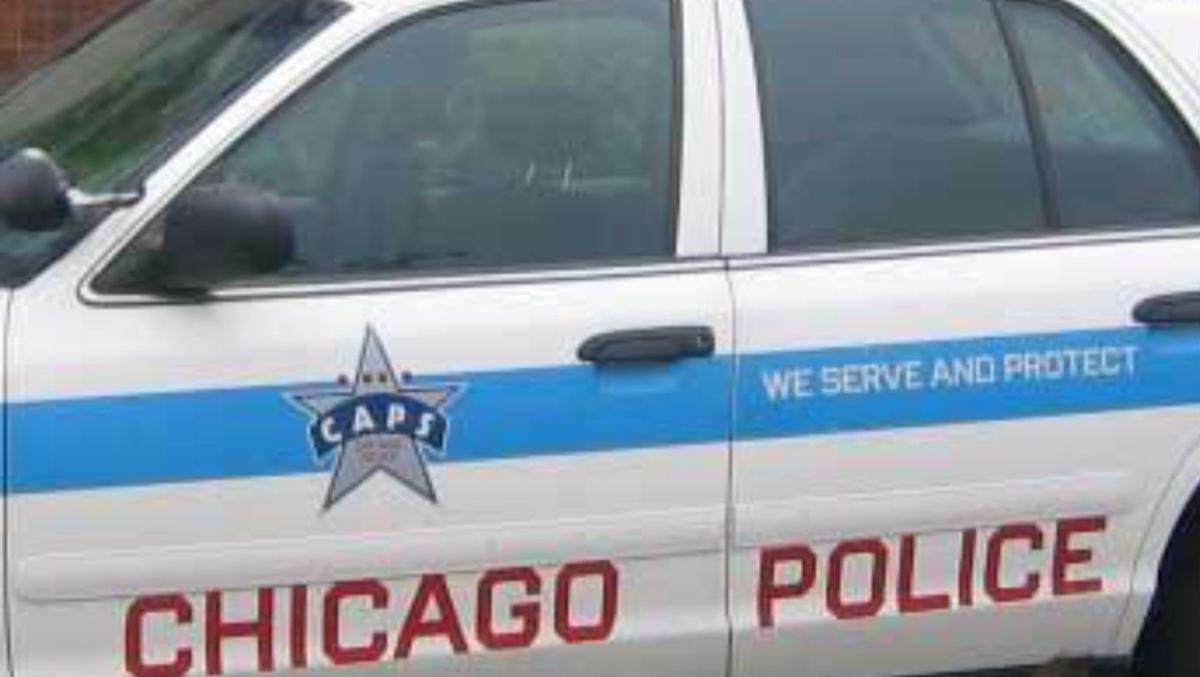Illinois on Thursday became the first state in the U.S. to ban police from lying or using deceptive tactics while interrogating minors.
Gov. J.B. Pritzker signed Senate Bill 2122 into law, prohibiting law enforcement from using deceptive tactics against those they are interrogating who are under 18 years of age.
Pritzker's office said in a statement that while the use of deceptive tactics like lying was deemed permissible in 1969, members of the 7th Circuit Federal Court of Appeals as well as the Illinois Court of Appeals have since condemned the practice "because of the risk it poses in producing false confessions."
Terrill Swift, whose conviction was vacated in 2011 after he served 15 years in prison based on a false confession to a crime he didn't commit, said at the bill signing that he believed the new law could have saved his life.
"This bill, I truly believe, could have saved my life," Swift said. "When it was first brought to me, it touched me in that sense, that it could have saved my life. But the reality is, I can't get what I got back. So moving forward I want to try and help make sure that this doesn't happen again."
"This happens so much," he continued. "And there's something that needs to change. Granted, this bill passing is a great step but we still have so much work to do. We still have so much work to do because there are so many brothers and sisters still there now wrongfully. And we can all agree that one day in prison wrongfully is too long."
The measure's original sponsors, state Sen. Robert Peters and state Rep. Justin Slaughter, garnered bipartisan support for the bill that culminated in a near-unanimous vote to pass it in both houses during the spring legislative session.
Local
Though few Americans realize it, police regularly deceive suspects during questioning to try to secure confessions, from saying DNA placed them at the scene of a crime to claiming eyewitnesses identified them as being the perpetrator. Detectives also can lie about the consequences of confessing, saying, for instance, that admitting responsibility is a quick ticket home.
Minors - who have been found to be two to three times more likely to confess to crimes they didn’t commit - are especially vulnerable to such pressure tactics, said Laura Nirider, co-director of the Center on Wrongful Convictions at Northwestern University Pritzker School of Law, who consulted on the bill together with the national Innocence Project and the Illinois Innocence Project.
Feeling out of the loop? We'll catch you up on the Chicago news you need to know. Sign up for the weekly Chicago Catch-Up newsletter here.
Though it is currently legal for police in all 50 states to lie during interrogations, Oregon and New York are considering similar legislation, said Rebecca Brown, policy director at the national Innocence Project.
Illinois has in recent years uncovered at least 100 wrongful convictions predicated on false confessions, 31 of them involving people under 18 years of age.
SB 2122 was supported not only by individuals who themselves falsely confessed to crimes, but also by the state’s Chiefs of Police, the Illinois State’s Attorneys’ Association, and the Office of Cook County State’s Attorney Kim Foxx.
“Today is about putting words into action as we continue to work to correct the wrongs of the past – wrongs inflicted by law enforcement, including prosecutors,” Foxx said in a statement Thursday. “True reform requires that lawmakers and prosecutors revisit past practices that have caused harm to ensure they never happen again. I commend the bill sponsors and advocates for championing the legislation and Governor Pritzker for advancing justice in Illinois.”
Pritzker signed SB 2122 along with three other measures: Senate Bill 64, which provides that anything said or done during restorative justice practices may not be used in a future proceeding without consent; Senate Bill 2129, which allows a county state's attorney to petition for resentencing if an original sentence no longer "advances the interests of justice;" and House Bill 3587, which creates a task force to study ways to reduce Illinois' prison population with resentencing.
“An essential tenet of good governance is recognizing the need to change the laws that have failed the people they serve. My administration has infused that value into everything we do,” Pritzker said in a statement. “The four bills I’m signing today advance the rights of some of our most vulnerable in our justice system and put Illinois at the forefront of the work to bring about true reform. Together, these initiatives move us closer to a holistic criminal justice system, one that builds confidence and trust in a system that has done harm to too many people for far too long.”



